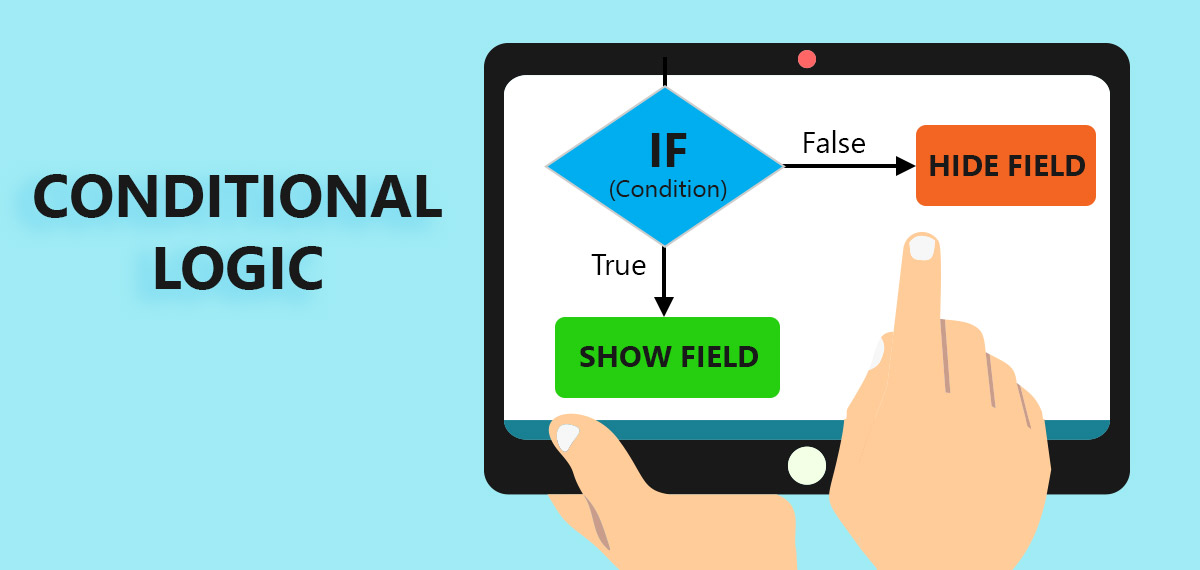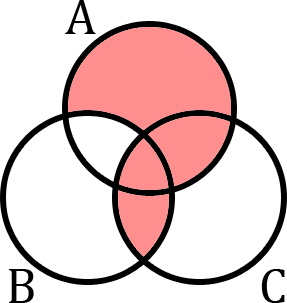Analytical Skills Development Course
[vc_row][vc_column][vc_column_text]
analytical skills development course
In today’s lean, flat organizations, it is everyone’s job to effectively solve problems. And while analytical thinking skills may seem natural, they’re not necessarily intuitive, and they don’t come easily to many people.
Analytical thinking and problem solving are foundational thinking skills that involve breaking things down into their component parts. They also involve deductive reasoning, drawing conclusions from givens and applying judgments to reach conclusions from a combination of evidence and assumptions. This seminar introduces you to fundamental thinking processes so that you can successfully analyze and solve a wide variety of business problems.
Get these essential analytical thinking and problem-solving skills now to give yourself a powerful competitive and career advantage!
Analytical Skills Development Course. How You Will Benefit
- Learn a process for breaking down complex problems into their components and gain clarity around possible solutions
- Apply strategies and techniques to avoid emotional triggers that can impede your best thinking
- Explore how to generate solutions to atypical problems and then test the solutions
- Know how to accurately interpret probability and other methods for increasing certainty in your judgment
- Learn strategies for negotiating among variables and conditions
- Recognize the difference between rationality of purpose and rationality of process
Course Outline
Day 1
- Understanding how we think and reason
- Identifying underlying factors that explain why intelligent people do irrational things
- Using a four-part model for effective reasoning
- Balancing multiple conditions impacting a business situation
- Comprehending the foundations of conditional logic (if x, then y) and disjunctive logic (x or y), and when to use them
- Identifying the barriers and challenges to effectively using different kinds of logic
- Understanding Stakeholders Management
- Emotional Intelligence
 Day 2
Day 2
- Exploring the difference between logical analysis and facts
- Exploring the three aspects of probability and their application in business
- Moving from pieces to the big picture and creating/testing solutions
- Identifying common patterns to look for in data
- Comprehending the hypothetical method and its two stages: formation and testing
- Problem solving skills and first steps: seeing patterns, abstracting to models and developing hypotheses
- Using data to form and test a hypothesis
- Beyond fundamentals—moving from analytical thinking to critical thinking
- Applying the four components of analytical reasoning to a real-life work situation
- Tying it all together and forming your action plan
 Who Should Attend
Who Should Attend
- Any individual who wants to be better equipped to face and solve today’s complex business problems by using a foundational process for reasoning and problem solving.
Welcome to
analytical skills development course
[/vc_column_text][/vc_column][/vc_row]